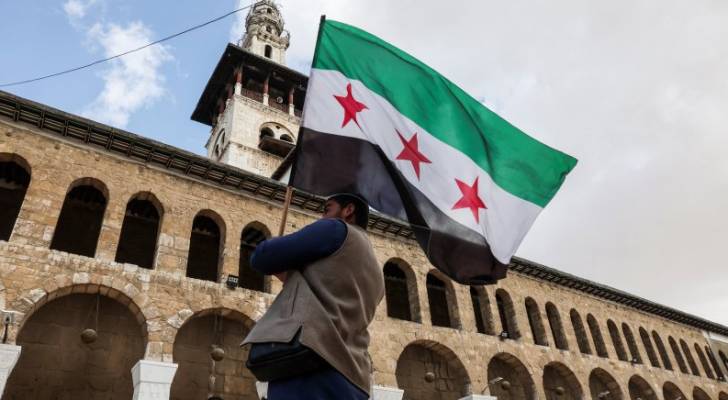Syria rules out foreign loans, unveils new economic strategy
Syria will not seek loans from foreign lenders or international financial institutions such as the International Monetary Fund (IMF) or the World Bank, the country’s Central Bank Governor Abdul Qader Husariya announced on Friday.
Speaking to the state-run Syrian Arab News Agency (SANA), Husariya said the decision was made under direct orders from President Ahmed al-Sharaa, emphasizing that Syria is committed to economic independence and self-reliance following the fall of Bashar al-Assad’s regime in late 2024.
“The Syrian government will not resort to external debt,” Husariya stated, adding that the country is focused on building a production-based economy driven by exports, rather than relying on high interest rates or speculative investments.
Since the end of Assad’s rule, the Syrian pound has reportedly recovered by 30 percent. Husariya stressed that there are no plans to peg the national currency to the US dollar or the euro, but instead to allow it to stabilize gradually through internal reforms and restored investor confidence.
He said the investment climate in Syria has entered a new era, noting that for the first time in 70 years, all sectors of the economy are witnessing renewed activity. “We have reached a phase of full economic recovery,” he declared.
The economic shift comes as US President Donald Trump signed an executive order on June 30 lifting sanctions on Syria, following similar moves by European governments. The removal of international restrictions has provided a major boost to Syria’s financial and trade sectors.
Among the structural changes underway, Husariya announced plans to establish a deposit insurance institution, unify the exchange rate, and offer real estate loans to Syrians living abroad. In a sign of growing international financial reintegration, Syria in June executed its first direct international bank transfer in over a decade—from a local Syrian bank to an Italian institution via the SWIFT network.
“Syria has entered a new phase of monetary and banking openness,” Husariya said, describing it as a turning point after decades of isolation under the Baath Party regime, which collapsed when Assad fled to Russia in December 2024.




